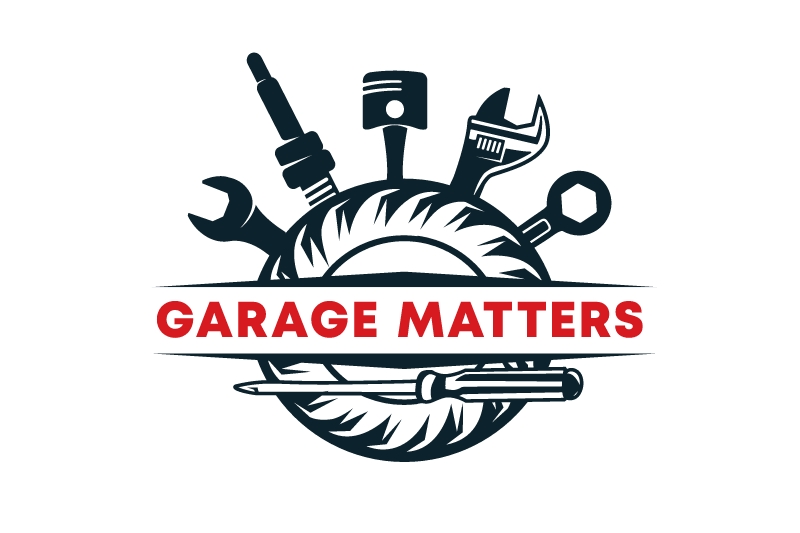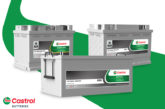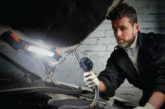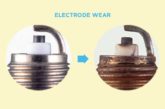
PMM investigates garage schemes and what they can bring to your business. But are there downsides?
Let’s rewind for a moment. Cast your mind back to 2007: facebook was in its infancy, the first iphone had only just been launched and the yellow pages was still going strong. Something else that happened that year, although you probably missed it – Jim Royle opened his own garage. Well, OK, not the TV character, but the actor, Ricky Tomlinson and to be fair, he did give a big nod to his TV family with the garage’s name, Royle Motors. Now, whilst the Liverpudlian actor does have a background in the trades, his particular area of expertise was plastering, not vehicle repair. So, to channel my inner Jim Royle for a moment, what the bloody hell was he doing opening a garage?
What makes a good garage?
Well, the answer may have something to do with the Good Garage Scheme, which was invariably mentioned in every interview he did surrounding the garage (which promptly disappeared off the face of the earth not long after…) Back in 2007, word of mouth was the primary method of finding a good garage in your local area. With more and more people exposed to the internet however, and social media, it became harder to separate the wheat from the chaff and a need grew for consumer aid. In 2024, it’s no easier, although there is now a proliferation of schemes, websites and review platforms to help, although often it feels like these add to the noise rather than cut through it.
Eyebrows were raised when it was revealed that the rather authoritative and impartial sounding Good Garage Scheme (which is still going strong) was in fact administered by Forte Lubricants… The idea of an independent scheme which could match up drivers to decent local garages went directly back to 2001, when such a scheme was proposed in parliament, no less. It seems difficult to imagine parliamentarians in 2024 involving themselves in a garage recommendation scheme, but then again the pressing concern surrounding garages these days is simply having the ability to do the work in the first place, let alone doing it to a high quality. An independent scheme was, in fact, launched. It rested on the idea of the mystery shopper, a sound approach still taken by the DVSA with MOT test stations. So why didn’t it take off? Well, it was voluntary and found itself boycotted by the RMI and the SMMT, both of whom perhaps took an “us or no one” approach it seems.
Fast forward a quarter of a century and garage schemes put forward by commercial entities are now a common sight but we are still no nearer to an impartial, centrally administered scheme or accreditation which would ensure a certain level of professionalism. I guess the Government’s approach is if it ain’t broke, don’t fix it – and for those drivers who receive a less than stellar service from their garage, they can always give the motor ombudsman a call (and cross their fingers that the garage was an ombudsman member…).
Trust issues
So, what about those commercially administered schemes? Well, there are lots of reasons to join one. I spoke to Chris Jones, head of business development at Eurorepar Car Service earlier this year and one of the key messages he was keen to stress was around trust: “Two thirds of motorists have a lack of trust in the garage,” he told me, “and we’re trying to change that.” So how does being a part of a wider scheme increase trust? Well, partly it’s about who is accepted onto the scheme in the first place, as Chris told me: “We’re looking for a nice reception area, a three bay, four bay workshop. We’re looking for a business that wants to come on a journey with our support.” That support element is another crucial part of the “partnership”: “We don’t just sign garages up and then run away. We help and support and develop with lots of different elements. For example, we’ve got a plethora of supporting documents to help them promote their business online. We’ve got an absolutely fantastic parts range that we offer our network. When the Eurorepar garage installs them on a customer’s car, they get two years parts and labor warranty.” Sounds tempting, it must be said.
Identity crisis
At GSF’s TechFest event recently I caught up with CEO Steve Horne and asked him about their ServiceSure scheme. Like Chris, Steve touched on the issue of trust, but went further: “What benefits does ServiceSure bring to garages? It gives them an identity, it gives them credibility and the benefit from the marketing we do.”
I can understand joining a recognised scheme might give a certain reassurance to drivers, after all if, say, you’ve got the approval of Bosch (“a strong signpost of quality for local customers”, as Bosch themselves told me) then surely you’re alright. But an identity boost is not always how these schemes are viewed by the garages themselves. When I visited Nev’ll Fix It for the PMM Podcast last year to discuss the challenges around accessing VM data with Neil Pattemore, owner Neville Smith admitted that he had parted ways with a garage scheme after many years: “When they tried to take over my business by dictating what I did, when I did it, how much I spent on parts, what uniform I wore etc. You know, that affected me and a lot of my friends who were in a similar network. Many of us walked away from that network because this is an independent business, with my name above the door and the other guys out there, their names above their door. We don’t want someone telling us what we can do and what we can’t do. It’s my business, I make those decisions.”
This is something I put to Chris from Eurorepar, and he was emphatic: “It brings garages a little bit closer to the brands, for sure. But we don’t want to take their business identity away from them.” Of course, I’m sure there is no active desire to remove an independent’s identity and autonomy, but it’s an inevitable compromise between the desires of the garage and the guidelines of the brand. But beyond branding and reputation, being a part of a garage network can offer you real, concrete benefits. I asked Jason Willmore, marketing manager at 1Tec what networks need to offer to garages these days: “Garage networks now need to offer support with the bigger picture – from training, new technologies and digital solutions. It’s not enough to just offer parts and a membership to something. Networks need to keep up with modern car complexities and customer expectations.” This was something mirrored by everyone I spoke to, that training, real support, guidance, were key factors in joining a garage network.
Overwhelming choice
Ultimately, it will come down to personal preference and how much you’re willing to trade in a little independence for a helping hand. But one thing is clear, that when it comes to drivers looking for a “good garage”, the huge proliferation of schemes does little to help and finding a reliable garage remains as hit and miss as it did when the Royle Family was still on the box and that seems half a world away by now…
For more from this series, click here.









